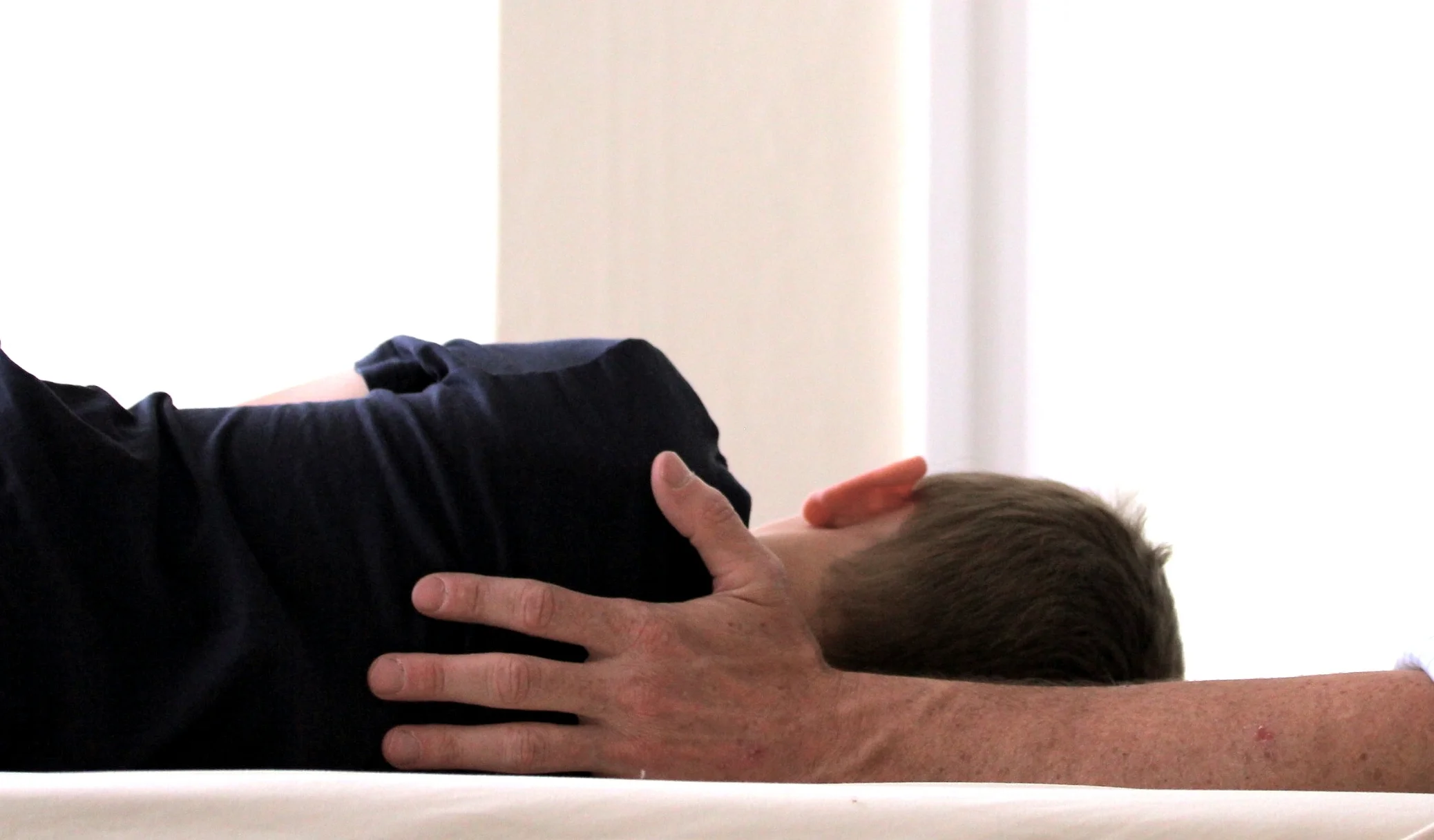Say you feel happiness is so close you could hold it
If only you didn’t get in the way.
Or maybe when it’s finally in your hands
A childhood ghost comes and slaps it down
Shattering, while another shakes its head and says: I knew it
I knew it
I told you --
This is what you are.
But what if there was a way
To sit the ghosts down in a circle of trust
And say to them: beloveds, there are no secrets here.
First they mock you. Then, they fight to leave
Then they tell you everything you’ve ever done wrong.
But eventually they tremble. Their eyes pool with tears.
They confess: all I wanted was to stop hurting.
And there, in the sanctity of confession, the alchemy of our souls’ light awakens,
And ghosts rise to the sky
And become the children of angels
And the evening sweetness grows.
Sometimes clients feel desperate.
Is there hope, they ask, that this can improve?
Yes, as long as there’s spirit, there’s hope. The spirit always wants to find a way to shine.
But to heal, I’ve learned there’s something more important than hope.
What is more important than hope? Tenderness.
Hope inspires us to work. But tenderness is what enables the work to take place. In tenderness, we hold ourselves with awesome grace. In tenderness, the hurts and wounds and painful memories emerge from their hiding places. And in tenderness, they unwind.
Tenderness unwinds the hurt. That is the gist of biodynamic craniosacral therapy.
So: hope is wonderful. Always nourish it. Fight for it, if need be.
But even more important: to ourselves be kind.
Read MoreReactions are powerful teachers. Reactions are normal and appropriate – we should feel upset when powerful people tweet bullying insults. And they become our guides when they are out of proportion.
When we overreact to allergens, our immune systems are telling us they wants attention. When we overreact to a spouse or a child, our emotions need attention. When a minor-seeming impact results in a lasting case of post-concussion -- our nervous system needs attention.
Normally we suppress or avoid such reactions, and take medicine to make them go away, but in this work we welcome them as they are wonderful guides, showing us wounds eager to heal so more light can come forth.
Abuser or abused; powerful or powerless; right or wrong; safe or afraid; succeeding or failing; ok or not ok; healthy or sick – on suffering a trauma, our systems get stuck in these binaries. And then we can never feel completely at ease because we are not, at heart, one side of a binary. We feel tense even if we are on the “good” side of the binary.
We feel unease because we are both, not either or. We are wholeness.
It is this original wholeness that holds and heals us in the work.
To give one example: true health is not never getting sick but a state of being that can hold sickness and health with ease.
If we experience the world as a fearful place, it is because the body is full of fear. If we experience the world as a place of struggle won by some lucky victors, it’s because in our own bodies we are struggling against ourselves, trying to force ourselves into some narrow idea of what we think we should be.
But when the body is at ease, our minds are at ease and our lives are at ease. We can relax into the moment and whatever miracles it bears: a faint breeze through our fingers, a ray of sunlight, fresh strawberries, the sound a turn signal makes.
Read MoreNo healing happens until one is ready to heal. The practitioner always works at the client’s invitation. And only works where the client’s system wants to work and so far as it wants to work.
It is helpful to remember this: that even though the client is on the table and the practitioner has the training, the client’s system is always in charge.
Read More


